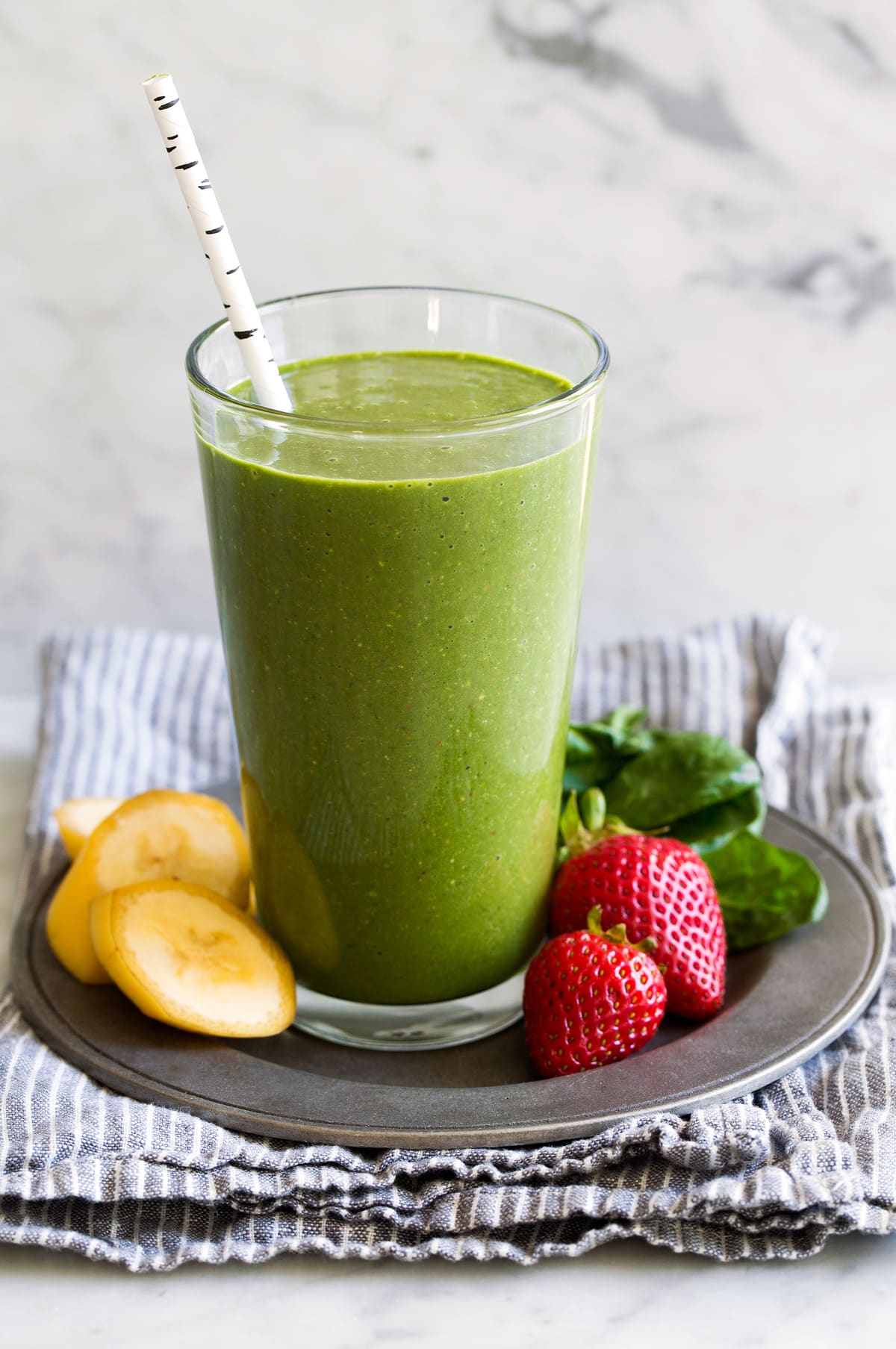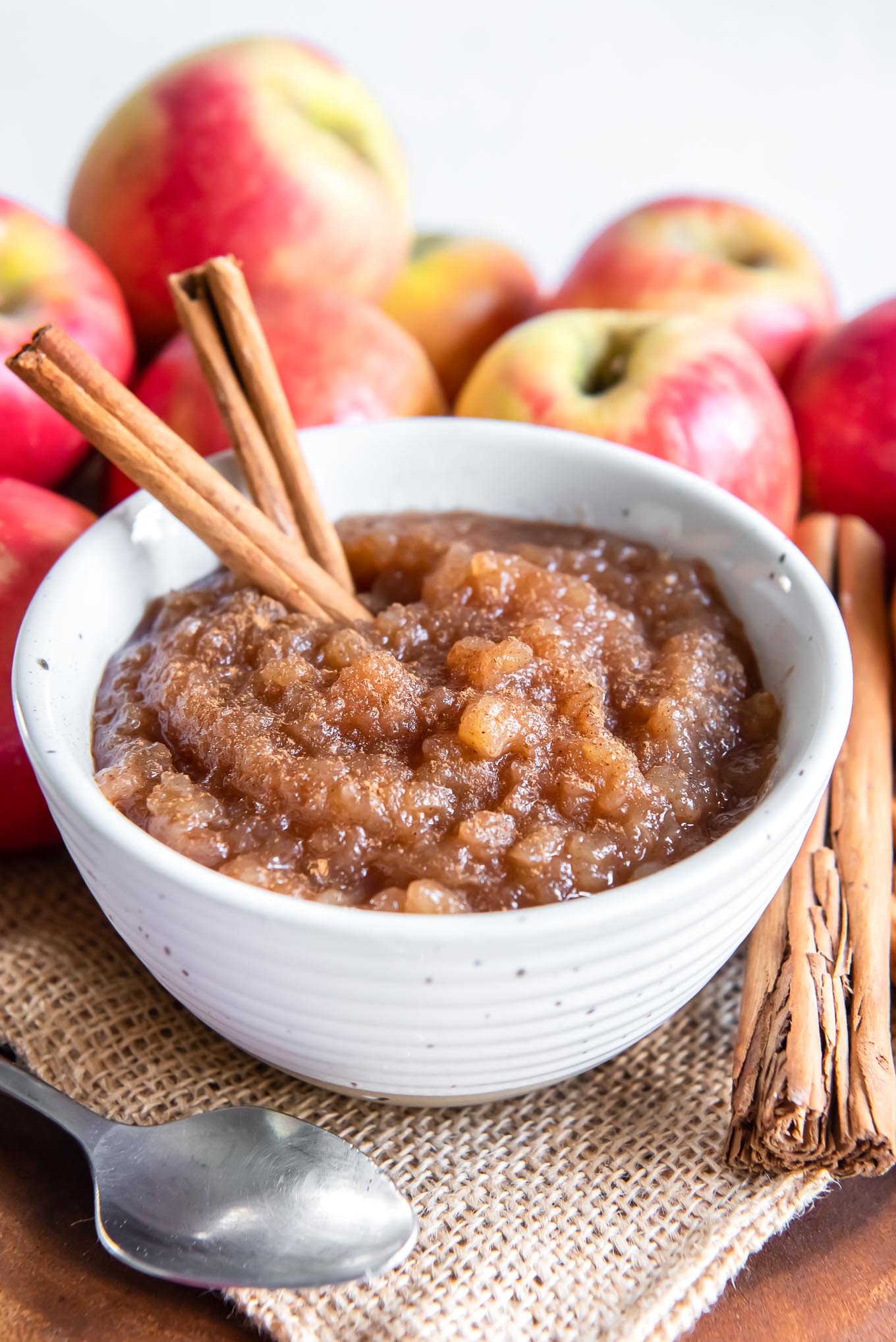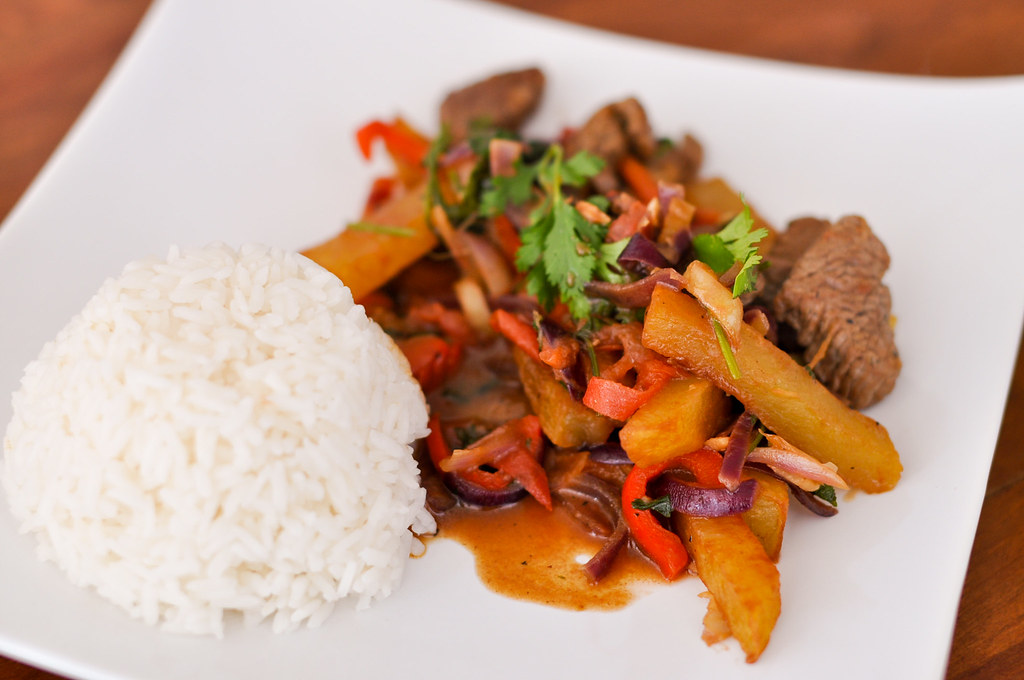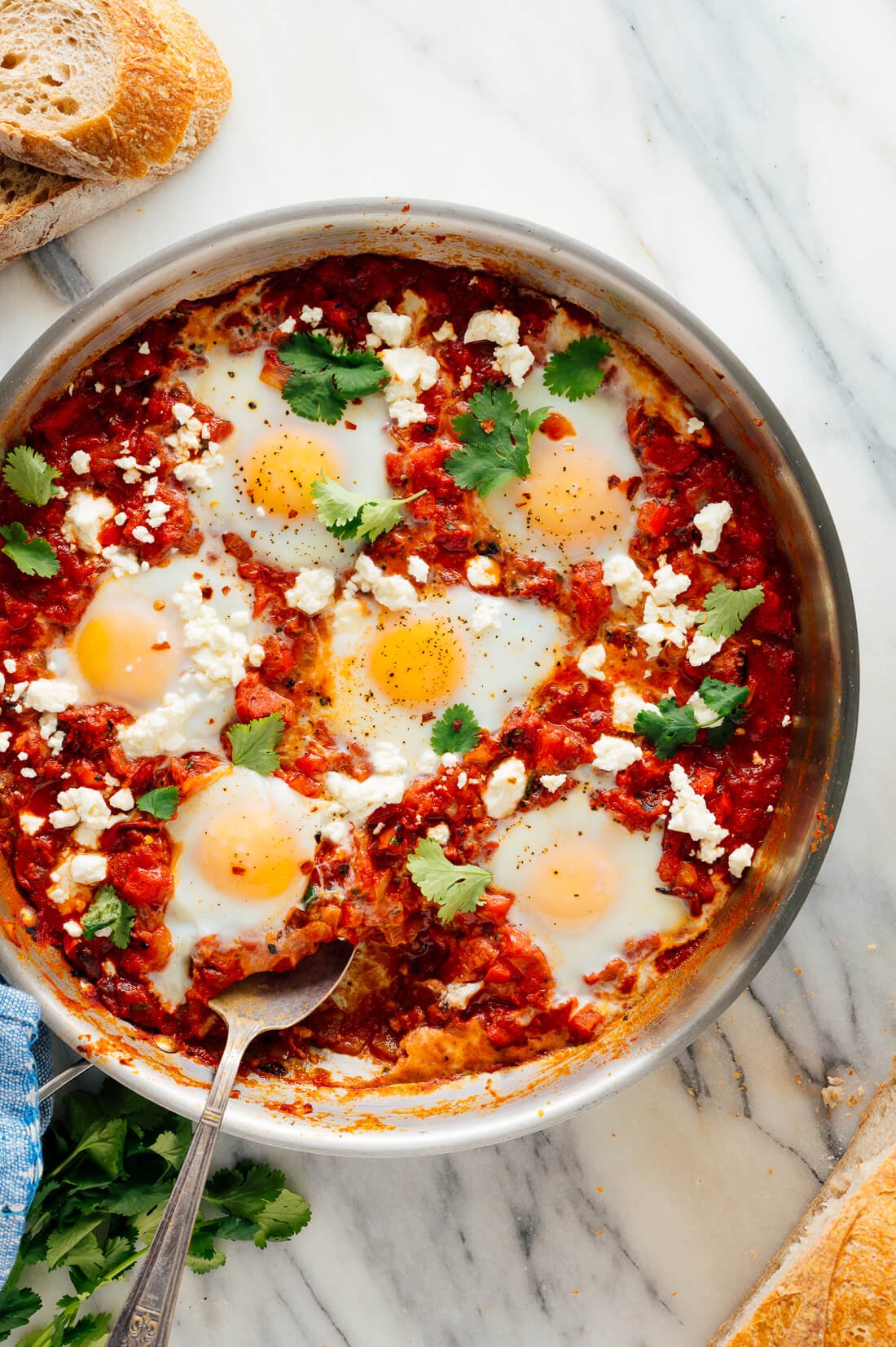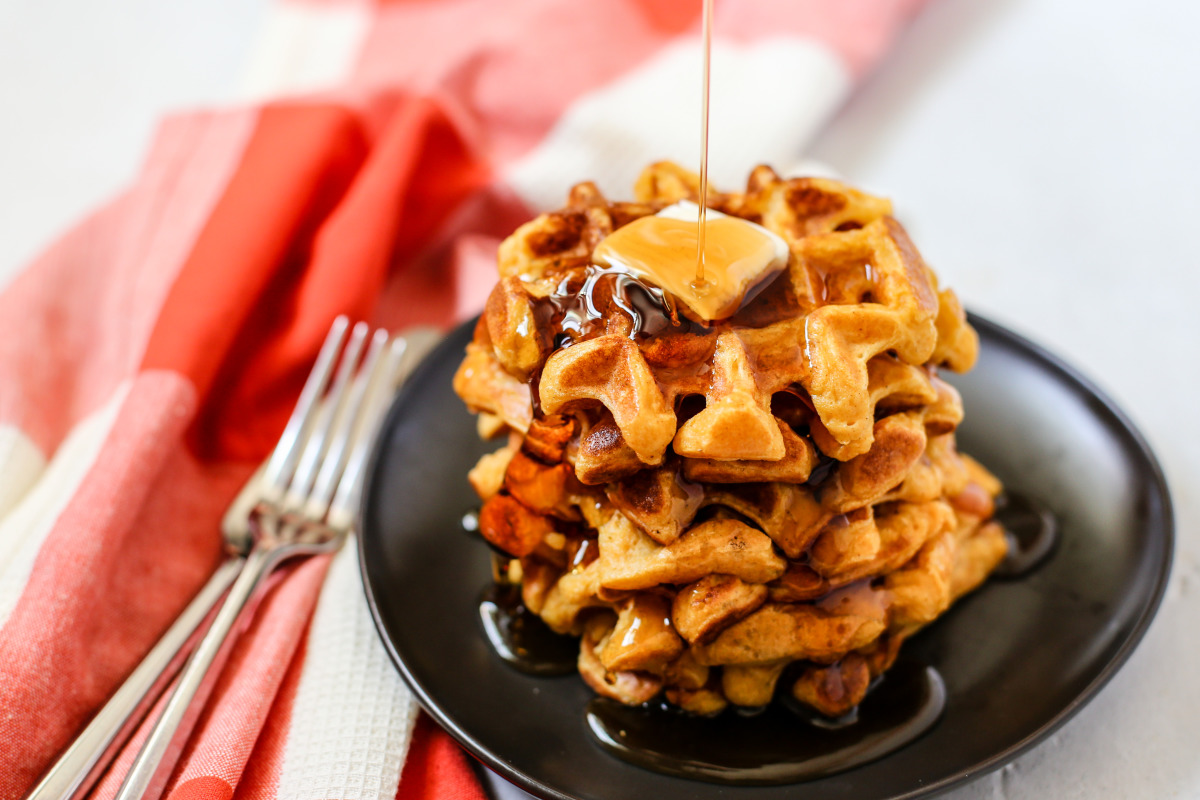Posca Ancient Recipe
The Refreshing Zing of Posca: A DIY Recipe for the Ages
Are you ready for a taste sensation that’s both ancient and incredibly modern? posca, a simple yet surprisingly complex beverage, has been quenching thirsts for millennia. This ancient Roman drink, essentially a fermented vinegar-based punch, boasts a unique tangy flavor profile that’s both invigorating and incredibly adaptable. forget mass-produced sugary drinks; this Posca recipe is your ticket to a refreshing, healthy, and incredibly tasty homemade beverage. Prepare to be amazed by its simplicity and the explosion of flavors!
My Personal Touch On ‘Posca Ancient Recipe’
My first encounter with Posca was during a historical reenactment event. The scorching summer heat had everyone wilting, but a refreshing cup of Posca was a literal lifesaver. the sharp, vinegary tang cut through the oppressive humidity, leaving me feeling revitalized. I was immediately hooked. Since then, I’ve experimented with countless variations, adding fruits, herbs, and spices to create my own signature blends. This recipe represents my personal favorite, a perfect balance of sweet, tart, and refreshing. I hope you enjoy it as much as I do!
Origin and History Of This Recipe
Posca’s history stretches back to ancient Rome, where it was a staple drink among legions and the common populace. Its simplicity made it ideal for mass production and preservation, making it a vital source of hydration and electrolytes, notably during long military campaigns. The basic recipe involved mixing water, vinegar, and sometimes honey or fruit juice. Its popularity extended far beyond the Roman Empire, with similar fermented drinks appearing in various cultures throughout history. https://en.wikipedia.org/wiki/Posca The beauty of Posca lies in its adaptability. The basic recipe is a canvas upon which you can paint your own flavor masterpiece!
Ingredients List
1 cup white wine vinegar (apple cider vinegar can be substituted)
2 cups water (filtered water is recommended)
2 tablespoons honey or maple syrup (adjust to taste)
1 teaspoon sea salt
Optional additions:
Fresh fruit (berries, oranges, lemons, etc.) sliced or juiced
Fresh herbs (mint, basil, rosemary, etc.)
Spices (cinnamon, ginger, cloves, etc.)
Posca Recipe: Preparation Steps
- Combine the base: In a large pitcher, combine the white wine vinegar, water, honey or maple syrup, and sea salt. Stir well until the honey or maple syrup is fully dissolved and the salt is distributed evenly. This forms the base of your Posca. The ratio of vinegar to water can be adjusted to suit your preference for tartness or sweetness. Experiment to find your perfect balance. More water will make it less tart.
- Add Optional Flavorings: This is where your creativity comes in! This Posca recipe is incredibly versatile. For a fruity twist, add sliced fruits like berries, oranges, or lemons directly to the pitcher. If you prefer a smoother texture, you can juice the fruits first. For herbal infusions, add a small handful of fresh herbs like mint, basil, or rosemary.Experiment with spices like cinnamon sticks or a pinch of ginger for a warm, aromatic twist. Remember, the flavors will meld and intensify over time.
- Infuse: Allow the Posca to sit for at least 30 minutes at room temperature to allow the flavors to meld and deepen. The longer it sits, the more the flavors will develop. If you are using fruits, refrigeration is recommended after a few hours to prevent fermentation. This is especially relevant if you’re using fruits that easily ferment.
- Taste and Adjust: After the infusion period, taste your Posca and adjust the sweetness or tartness as needed.You can add more honey or maple syrup for sweetness or more vinegar for tartness. The beauty of this recipe is its versatility; feel free to tailor the flavors to your liking.
- Serve and Enjoy: Once you’ve reached your desired flavor profile, serve your Posca chilled over ice. Feel the refreshing sensation as the ancient Roman drink quenches your thirst!
Common Mistakes People Make in Posca Recipe
Using too much vinegar: Starting with excessive vinegar can make the Posca overwhelmingly sour and unpleasant to drink. Always start with a smaller quantity and gradually add more until your tastebuds are satisfied.
Not letting it steep adequately: Rushing the infusion process prevents the flavors from fully blending. Patience is your friend here! Allowing it to sit enhances the depth and balance.
Ignoring personal preferences: Posca is a customizable recipe. Ignoring your own preference for sweetness,tartness,or flavors will lead to a drink that doesn’t meet your expectations.
Common Problems and Solutions in Making Posca Recipe
Too Tart: Add more honey or maple syrup to balance the acidity.
Too Sweet: Add more vinegar.
Bland: Add more of your chosen fruits, herbs, or spices to enhance depth.
cloudy: This mostly happens with fruit inclusions and is generally harmless,though,for a clearer drink strain the finished posca through a fine-mesh sieve.
cooking Time & Servings
Preparation time: 5 minutes
Infusion time: 30 minutes to several hours
Servings: 4-6
Nutritional Details
Nutritional values will vary substantially based on the ingredients used. A basic Posca (vinegar, water, honey, salt) will be low in calories and high in electrolytes due to the salt. Adding fruits and other ingredients can dramatically alter the caloric and vitamin content. For precise nutritional information, use a nutrition calculator and input the specific ingredients and quantities used in your specific recipe.
Health Conditions And People To Avoid This
People with acid reflux or heartburn: The high acidity of vinegar can exacerbate thes conditions.
Individuals with sensitive teeth: The acidity may cause discomfort to teeth that are sensitive to temperature changes or acidic foods.
People with gastritis or ulcers: The high acidity can severely irritate the stomach lining.
Pregnant women (in large quantities): While moderate Posca consumption isn’t typically harmful,excessive intake of vinegar may not be beneficial. Consult a doctor or health professional before consuming it regularly. Individuals with electrolyte imbalance(if using large quantities): excessive sodium intake can worsen electrolyte difficulties, so moderation is key, especially if you have pre-existing conditions.
Nutrition and Benefits To The Body
Vinegar: Contains acetic acid, which may aid in blood sugar control and promote weight loss when consumed in moderation as part of a balanced diet.
Honey/Maple Syrup (in moderation): Provides natural sugars providing a source of speedy energy . Antioxidant properties may exist depending on the type of honey used.
Fruit (depending on type): Excellent sources of vitamins, minerals, and antioxidants. The specific benefits depend entirely on fruit varieties chosen.
Herbs (depending on kind): Various herbs supply phytochemicals and potential health benefits.
Electrolytes (from salt): Importent for hydration and maintaining proper bodily functions, vital particularly after physical activity.
Disadvantages
Vinegar: Excessive consumption can damage tooth enamel and irritate the digestive tract. Eating moderately is perfectly fine, but acquiring excess of this nutrients is harmful.
Honey/Maple Syrup: High in natural sugars. Excessive consumption can contribute to weight gain and other related health issues. Eating moderately is perfectly fine,but acquiring excess of this nutrients is harmful.
Fruit: Excessive consumption of certain fruits may lead to digestive discomfort for some people. Eating moderately is perfectly fine,but acquiring excess of this nutrients is harmful.
Herbs: Some herbs may interact with medications. consult a physician if you are on medication. Eating moderately is perfectly fine, but acquiring excess of this nutrients is harmful.
Electrolytes (Salt): Excessive sodium intake is linked to increased risk of high blood pressure and heart disease. Eating moderately is perfectly fine, but acquiring excess of this nutrients is harmful.
Tips and Tricks
Experiment with flavors: Don’t be afraid to explore different fruit combinations, herbs, and spices.
Adjust sweetness to your taste: Start with a smaller amount of sweetener and add more as needed.
use filtered water: This helps to achieve a cleaner flavor.
Muddle fruits for added flavor: gently crush your fruits to release more of their aroma and essence.
Equipment Needed
Large pitcher
Spoon or whisk for stirring
Knife (if using fresh fruit)
Cutting board (if using fresh fruit)
Strainer (optional)
Variations or Substitutions
Vinegar: Apple cider vinegar can replace white wine vinegar. Sweetener: Agave nectar or other natural sweeteners can replace honey or maple syrup.
Fruit: Any kind of fruit can be used.
Herbs: Experiment with various herbs for an engaging twist.
Serving Suggestions
Serve chilled over ice in tall glasses or pitchers.
Garnish with fresh fruit slices or sprigs of herbs.
Pair with light salads or grilled foods for a refreshing accompaniment.
Storage and Reheating Instructions
Store leftovers in an airtight container in the refrigerator for up to 3 days. Reheating isn’t usually necessary as it’s best served cold.
Conclusion
Give this ancient Roman recipe a try! Let us know in the comments how your Posca creation turned out. Share your creations on social media using #HomemadePosca #AncientDrink #PoscaRecipe Don’t hesitate to ask any questions you may have. happy brewing!
Frequently Asked Question (FAQs)
Q: Can I make Posca ahead of time?
A: Yes, absolutely! Actually, letting it steep for several hours or even overnight will allow the flavors to fully develop.Just refrigerate it after the initial infusion.
Q: What kind of vinegar is best for Posca?
A: White wine vinegar is traditionally used, but apple cider vinegar is a delicious and readily available substitute.
Q: Can I use dried herbs rather of fresh?
A: You can, but the flavor will be slightly different. Start with a smaller quantity than you would for fresh herbs, as dried herbs are more concentrated.
Q: How long does Posca last?
A: When refrigerated,posca will typically keep for 3-4 days.It might begin to lose its freshness thereafter.
Q: Can I add alcohol to my Posca?
A: While Posca doesn’t traditionally contain alcohol, you can experiment with adding a small amount of wine or liqueur to create an adult version.
Q: Is it okay if my Posca gets cloudy?
A: Cloudiness, particularly when using fruit, is usually harmless and just indicates particulate matter. If it concerns you, strain the Posca through a fine-mesh sieve.
Q: Can I make a large batch of Posca?
A: Yes! Simply multiply the ingredient quantities based on how much posca you want to make. Just ensure that you have a large enough container to hold it all.Q: Can kids drink Posca?
A: Yes, but it’s essential to be mindful of the vinegar content.It’s best offered in small quantities and diluted to minimize the risk of stomach upset.
Q: What if I don’t have honey or maple syrup?
A: Other sweeteners, like agave or even a touch of fruit juice, can be used as a substitute. Remember to adjust to taste.
Q: Can I add vegetables to Posca?
A: Although not traditional, adding finely chopped or juiced vegetables like cucumber or celery can add a subtle flavour and refreshing nuance. Experiment to discover your preference!
Q: what are some creative flavour combinations to explore?
A: Consider a spicy Posca with chili peppers and ginger; a Mediterranean blend with rosemary, oregano and lemon; or a berry explosion featuring raspberries, blackberries, and mint.



